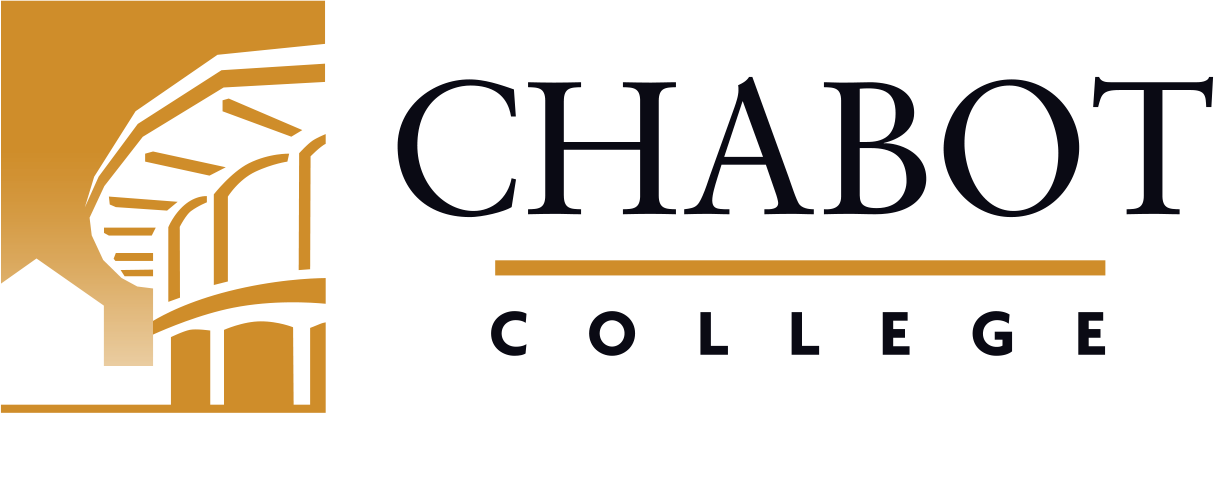
Course Outline for Early Childhood Development 211
Introduction to Infant/Toddler Curriculum
Effective: Fall 2022
SLO Rev: 09/12/2021
SLO Rev: 09/12/2021
Catalog Description:
ECD 211 - Introduction to Infant/Toddler Curriculum
18.00 Hours
May be repeated 99 time(s)
The essential policies, principles, and effective practices that lead to quality care and developmentally appropriate curriculum for children birth to 36 months are examined. The course introduces principles of developmentally appropriate curriculum for infants/toddlers. Play, language and learning experiences including use of materials and equipment in infant/toddler settings will be introduced. ECD 211 is an introductory level (noncredit) course and is intended to provide students exposure to vocabulary and concepts in infant/toddler care and care setting. Students can use the skills gained from this class to transition to credit level ECD courses. This course is free and students may repeat this course until mastery of the skills is met.
1305.90 - Infants and Toddlers*
Pass/No Pass/Satisfactory Progress
| Type | Hours |
|---|---|
| Lecture | 18.00 |
| Total | 18.00 |
Measurable Objectives:
Upon completion of this course, the student should be able to:
- describe the characteristics of high quality infant/toddler care settings;
- discuss developmentally appropriate practices in infant/toddler group care settings;
- describe appropriate play spaces for infants/toddlers;
- discuss developmentally appropriate caregiving principles and curriculum for infants and toddlers.
Course Content:
- Characteristics of high-quality infant/toddler care setting
- Developmentally appropriate practices in infant/toddler group care settings
- Guiding principles for:
- appropriate play spaces for infants/toddlers
- appropriate care routines and developmentally appropriate curriculum for each child in group care
- Characteristics of great infant/toddler teacher
- Building partnership with families
Methods of Instruction:
- Class and group discussions
- Case Study
- Lecture/Discussion
- Activity play
- Group Activities
- Textbook reading assignments
- Written assignments
- Hands-on Activities
- Distance Education
Assignments and Methods of Evaluating Student Progress:
- Observe infant/toddler and caregiver interactions and write a reflection paper on essential qualities of a great infant/toddler teacher.
- In a group, create a 3-D learning and caring spaces for quality infant/toddler classrooms.
- Research assignment: Select age appropriate, quality materials for infant/toddler learning environments and write a paper on how they would be used with 0-36 month-old children.
- Attendance
- Final Examination
- Class Participation
- Homework
- Group Projects
- Quizzes
- Written assignments
Upon the completion of this course, the student should be able to:
- demonstrate planning techniques for appropriate activities that promote the cognitive, social, emotional, and physical development of infants/toddlers.
Textbooks (Typical):
- Luckenbill, Julia; Subramaniam, Aarti (2019). This is Play: Environments and Interactions that Engage Infants and Toddlers (1st). The National Association for the Education of Young Children.
- Fong, Maguire-Jane; Tronic, Ed; Lally, Ronald (2020). Teaching and Learning with Infants and Toddlers: Where Meaning-Making Begins (2nd). Teachers College Press.
- N/A
Abbreviated Class Schedule Description:
The essential policies, principles, and effective practices that lead to quality care and developmentally appropriate curriculum for children birth to 36 months are examined.